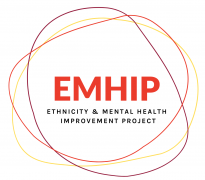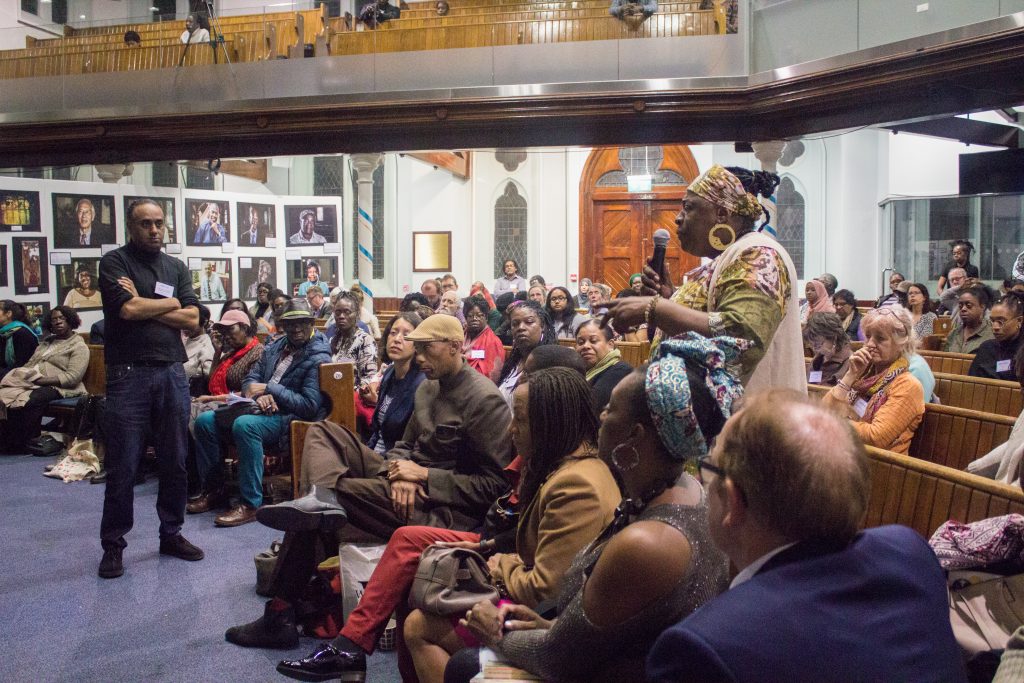We often hear that the issues related to reducing Black and minority ethnic (BME) mental health inequalities are complex and intractable. While the circumstances that give rise to poor mental health in BME communities are indeed complex, including racism, poverty and marginalisation, tackling the discrimination our communities face in access, experience and outcomes of mental health care is a straightforward issue. After all, several reviews and reports on BME mental health over the last 40 years have identified mechanisms and processes to improve mental health care for BME communities.
However, over the years nothing much has changed. The main reason for this has been the lack of commitment and leadership across our public agencies to get on with the task at hand. This is where the complexity lies – the unconscious and systemic bias, the lack of diversity in decision making processes and the inability of health systems to work in genuine partnership with BME community agencies outside of their institutional boundaries…
Read the rest of the article from Synergi Collaborative Centre

